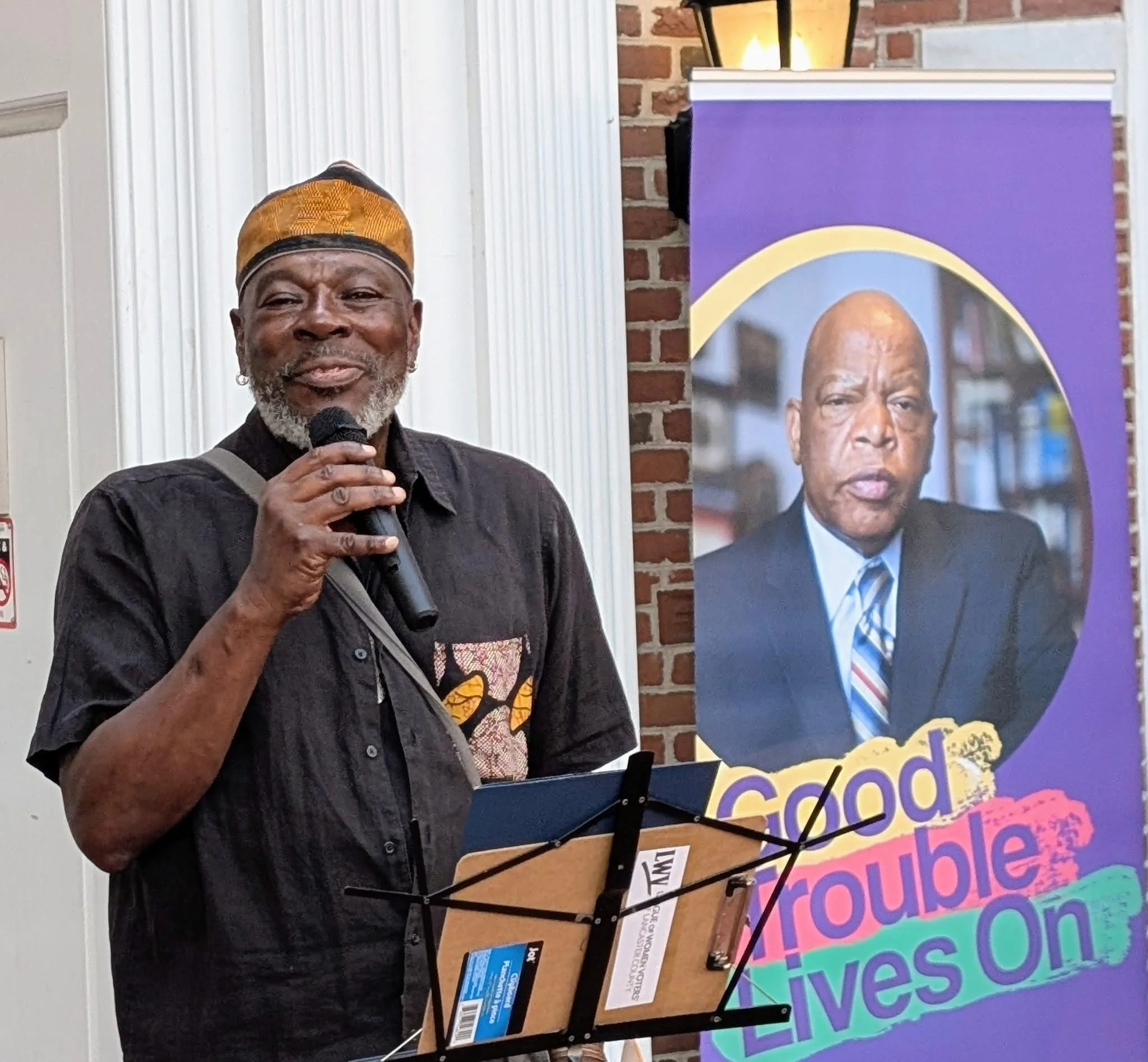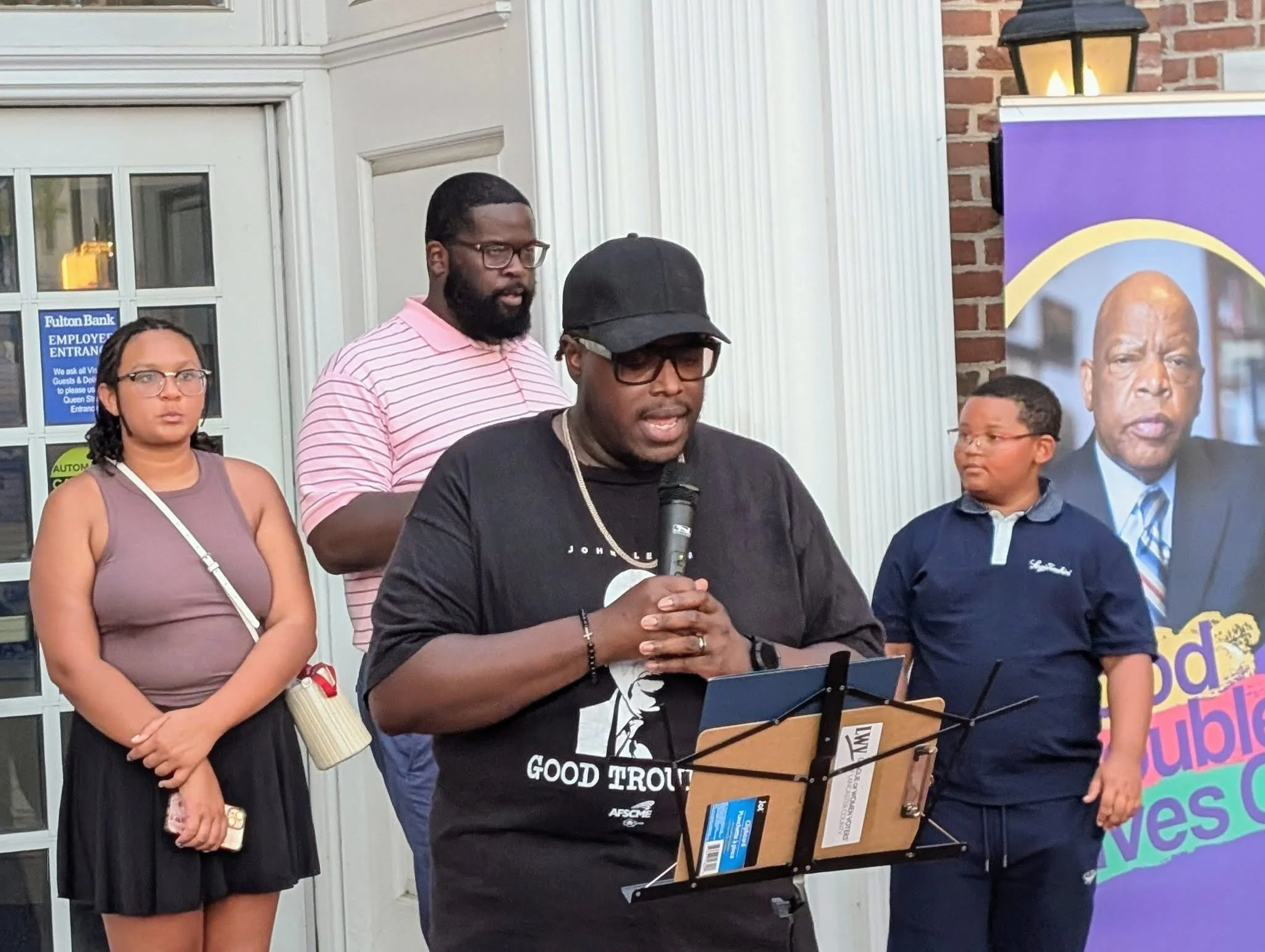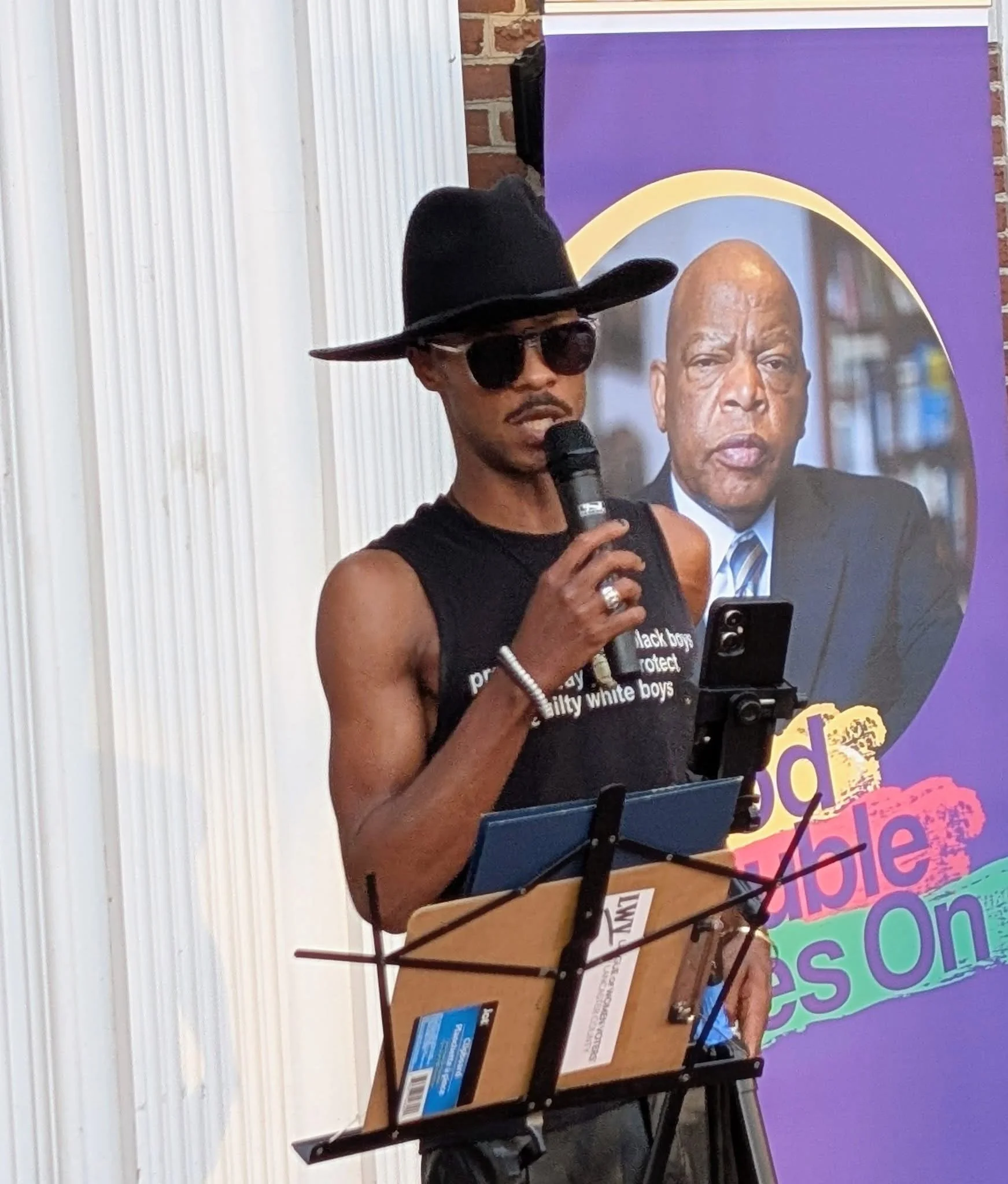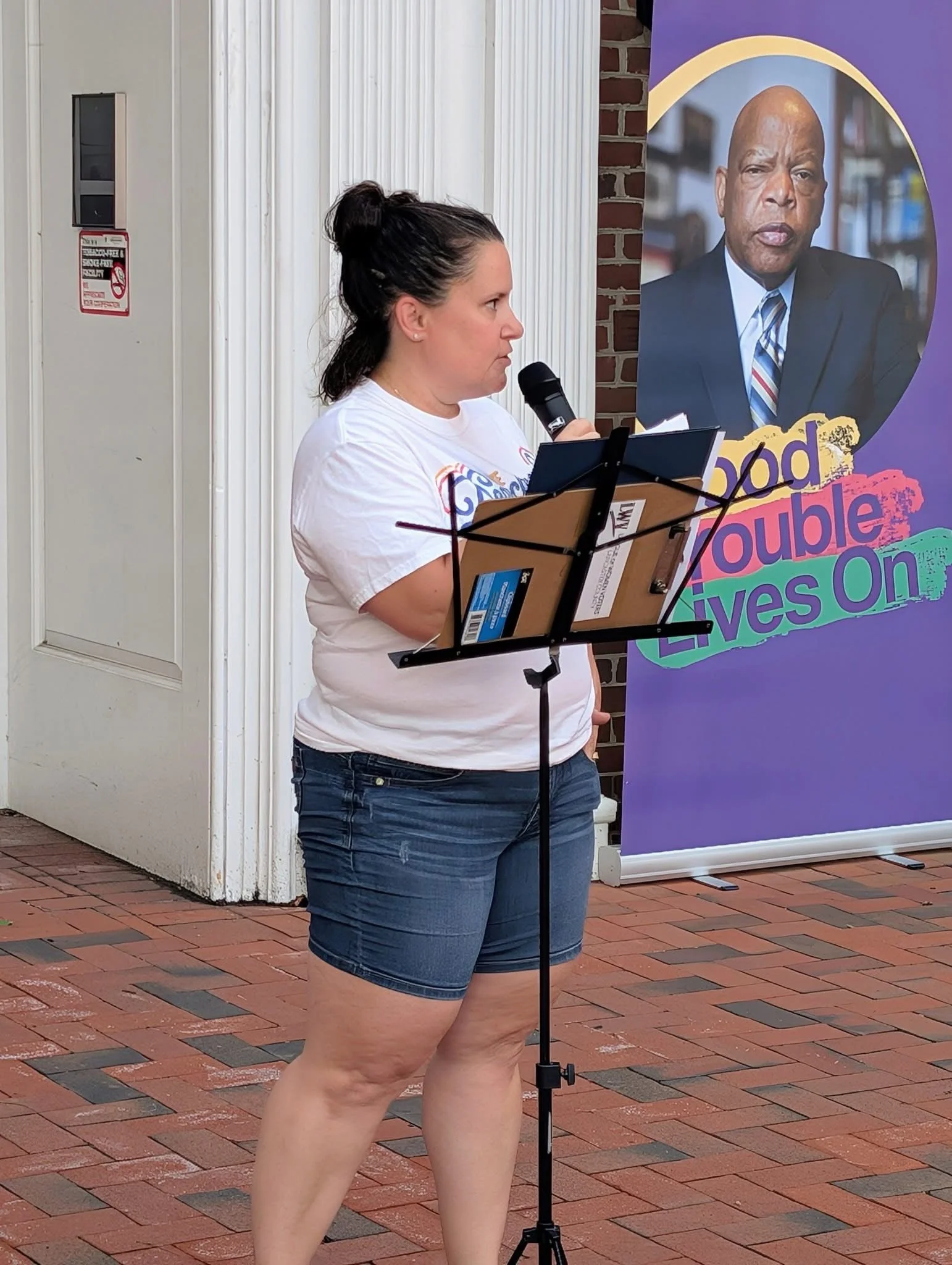What John Lewis Would Have Seen at Lancaster’s Candlelight Vigil?
July 17th is now day of “Good Trouble Lives On”.
There are no records of John Lewis ever visiting Lancaster, Pennsylvania. He did travel to Philadelphia on two occasions to receive awards: once in 2012 to receive an honorary award from the University of Pennsylvania for social justice advocacy, and in 2016 to receive the Liberty Medal at the National Constitution Center.
Yet I couldn’t help but imagine what John Lewis would have thought had he attended the Lancaster John Lewis candlelight vigil last Thursday evening.
First, I believe Congressman Lewis would have been pleased to see a diverse coalition of people and organizations gathered to honor the work he began. Lewis maintained an unwavering commitment to justice, equality, and nonviolent change throughout his life. He was also a strong believer in the importance of building coalitions to achieve social and political transformation. Lewis believed that “every voice must be heard” for a society to flourish.
The Lancaster vigil exemplified this principle. Organized by the Black Voter Outreach Network and the Mannheim Township chapter of Indivisible, it drew support from Lancaster Stands Up, Bethel AME Church, and the League of Women Voters. These groups employ different strategies for achieving change, but all share a commitment to such values as justice, inclusion, and equality.
Second, Congressman Lewis would have been energized by the new and young voices stepping forward to accept the challenges of leadership. Leadership requires understanding that change demands new direction. You cannot simply repeat what you did last week, last election cycle, or last year and expect the situation to magically improve. Change requires fresh thinking, innovative approaches, and new messengers.
At last week’s vigil, John Lewis would have witnessed six people accept these challenges: John Maina from the Black Voter Outreach Network, Taylor Enterline from Lancaster Stands Up, Lenwood Sloan the Historian, the spoken word artist Saint, Carolyn Hernandez from the League of Women Voters, and Reverend Stephanie Atkins from Bethel AME Church. Three of them aren’t old enough to run for President, three are women, four are people of color, and two are members of the LGBTQ+ community. These diverse voices united around shared goals would have embodied Lewis’s vision of inclusive leadership.
Finally, John Lewis would have been overjoyed that this “beloved community” understood that accepting this mission means engaging in “good trouble, necessary trouble.” Flag ceremonies are fine, proclamations are appropriate, but real change requires speaking truth to power. Real change means having uncomfortable but honest conversations with both adversaries and allies. Real change requires confronting injustices wherever you find them and demanding transformation.
The vigil in Lancaster wasn’t just a memorial—it was a call to action that honored John Lewis’s legacy by continuing his work. In the faces of those gathered and the commitment of those who stepped forward to lead, Lewis would have seen the future of the movement he helped build.
That’s all I’m saying. LAC.
Taylor Enterline, Tony Collins, Rev. Edward Bailey, Rev. Stephanie Atkins, Pastor Bethel AME, and John Maina
Historian Lenwood Sloan
Jamar Johnson
Circumstantial Saint
Carolyn Hernandez of The League of Women Voters






